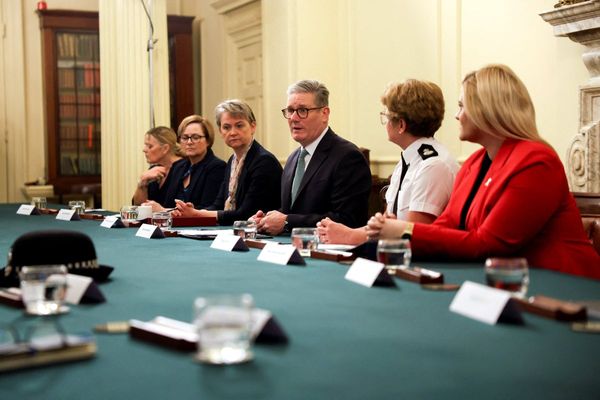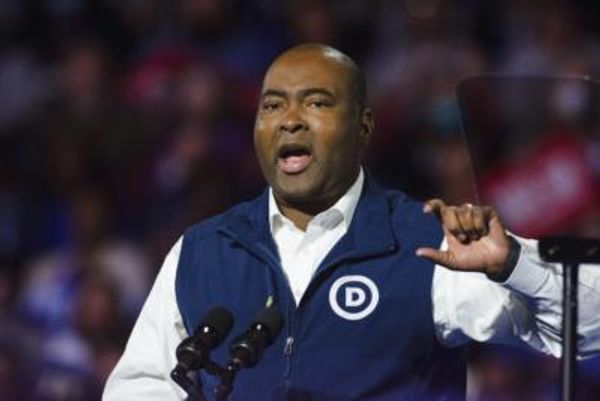WASHINGTON _ In 1999, a rank-and-file Republican senator named Mitch McConnell was, in his words, the "go-to guy" for explaining how arcane Senate rules could influence the outcome of Democratic President Bill Clinton's impeachment trial.
"The reason Clinton was not removed from office," McConnell mused in his 2016 memoir, "was that Democrats were able to keep public opinion on their side, framing the impeachment trial as a partisan exercise and arguing the popular view that political investigations are nothing more than politics."
Twenty-one years later, as the Senate majority leader, McConnell is now at the center of another impeachment trial and is using a similar playbook to control the process and shape the narrative to protect his own party's standard bearer, President Donald Trump.
For months, the Kentucky Republican has been quietly preparing for the possibility of this impeachment trial, only the third in American history.
He has been educating GOP senators, coordinating with the White House, preaching the importance of party unity and bearing the brunt of Democratic attacks on behalf of his 53 members _ some of whom are in close reelection races.
He has sought to undermine the impeachment inquiry launched by House Democrats by using daily floor speeches to demonstrate how the party should talk about the other chamber's "impeachment obsession."
But while McConnell could never have anticipated that he would be the top Senate Republican during a presidential impeachment, in many ways the 77-year-old has been preparing for decades to lead Republicans through a politically perilous moment like this one.
He grew up wanting to be a United States senator, and on the heels of winning his first Senate race in 1984 decided his dream job was to run the entire legislative body.
"He's the only person at this point in the Senate that can manage the task at hand," said Sen. Tim Scott, R-S.C.
McConnell's supporters are watching now with great excitement. They expect the events of the coming days to mark the triumphant culmination of McConnell's years of study, observation and application of consensus-building strategies that have allowed him, time and again, to persuade colleagues to do what he wants while making them feel good about it.
"You have your destination in mind, you have your path to get there and, most importantly, you have to convince everybody else that they want to get there, too," said Steven Law, a former McConnell chief of staff who now runs the super PAC aligned with the majority leader. "He has the strategy, he works that strategy, and most importantly he brings others along."
Scott Jennings, a veteran of McConnell's political campaigns and a longtime friend, predicted McConnell's handling of the impeachment trial will energize his Kentucky base in a reelection year against a well-funded Democratic challenger.
"Have you been to Kentucky lately? They can't get enough of Trump," said Jennings, who recalled the enthusiastic welcome McConnell got at a local fish restaurant in Louisville after the Senate confirmed Trump's controversial Supreme Court nominee Brett Kavanaugh in 2018.
But McConnell's challenges are far from over.







